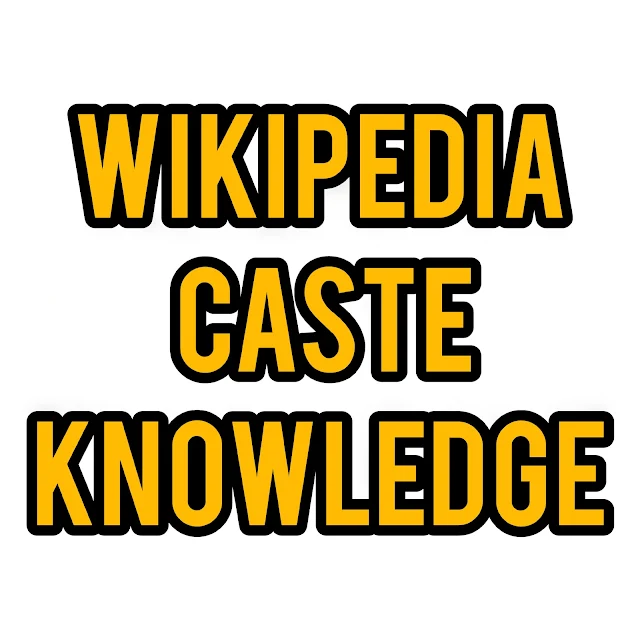Wikipedia: Definition of VarNa
varNAs are psychological classification of human beings. varNas group the human beings into different classes according to their innate characteristics. Srimad Bhagavatham emphasizes this by using the word “lakshaNa”, which means an attribute or qualification when describing the nature of the varNAs.
This shows the psychological qualities each varNa has are their innate characteristics. Sri krishNa also says in Bhagavad Gita that four varNAs are created by using the classification of their qualities and their deeds . [chAturvarNam mayA shrusTaM guNa karma vibhAgashaH – Four VarNas were created by using classification
according to their guNas (qualities) – Bhagavad Gita] In both these instances, we can see that varNas are characteristics of human beings. It is not accorded by their birth.
Over a period of time, varNas became identified by birth instead of innate characteristic of a person. This could be due to several reasons. It is much easier to identify a person by his birth than by looking into the innate characteristics of a person. In the old days when the mental purity of individuals was high, it was easier to identify the innate characteristics of individuals. Over time, this practice was lost.
In mahAbhArata, we can see these two types of identification of varNas. Sri vedavyAsa, was born of a fisher woman. He rose to become a great maharshi and many consider him to be an avatar of Sri vishNu. In his case, varNa was determined by his innate characteristic and not by his birth. On the other hand, Sri Vidura was a great scholar, but he was constantly put down and humiliated by kauravas as a son of a shudra woman. In vidura’s case, at least some people determined his varNa by birth.
Some people in the society have tendencies to gain knowledge and teach knowledge to others. These are classified as brahmins.
Some people have ability to protect , manage, and excel in administration . They are classified as kshatriyas. Some people have ability to innovate and produce new goods and services. They are classified as vyshyas. Some people have ability to work for others. They are classified as Shudras. Most of the people who work for others belong to the Shudra varNa. Sri Paramahamsa Yogananda in his commentary of Bhagavad Gita says that these four categories are spiritual intelligentsia; the Soldiers, rulers and
leaders; Business men and laborers. This type of classification exists in all societies and at all times.
If we can analyze the various groups of people in a modern society, professors and scientists can be considered as brahmins.
Politicians, armed forces and police can be considered as kshatriyas. Businessmen can be considered as vyshyas. People who are
employed by others can be considered as shudras. Thus we can see that this classification exists in all societies. There is no discrimination or putting down any group in this scheme of classification. All groups should work in harmony and welfare of all. Thus we can see that the varNa system is a scientific classification of human beings.

No comments:
Post a Comment